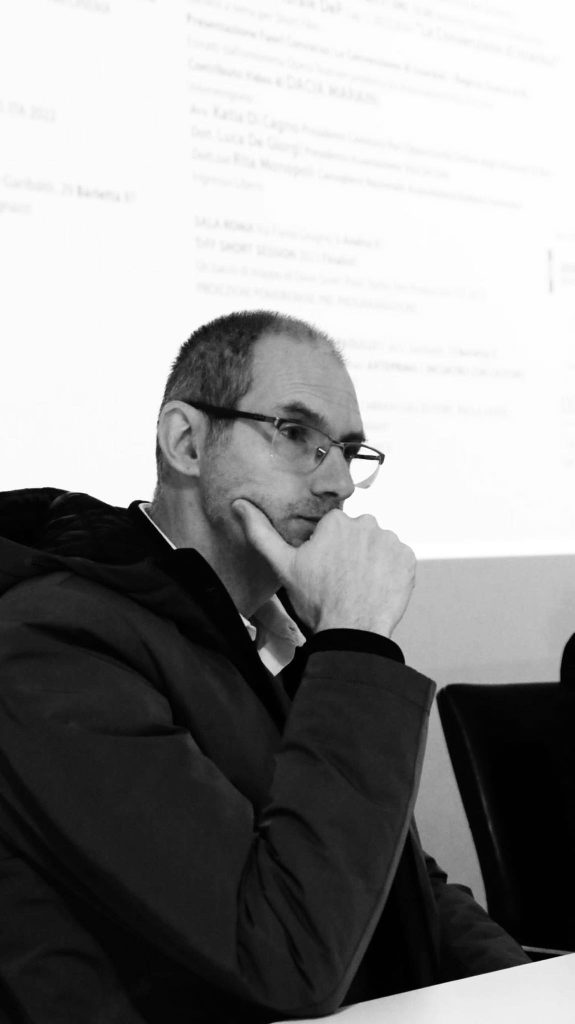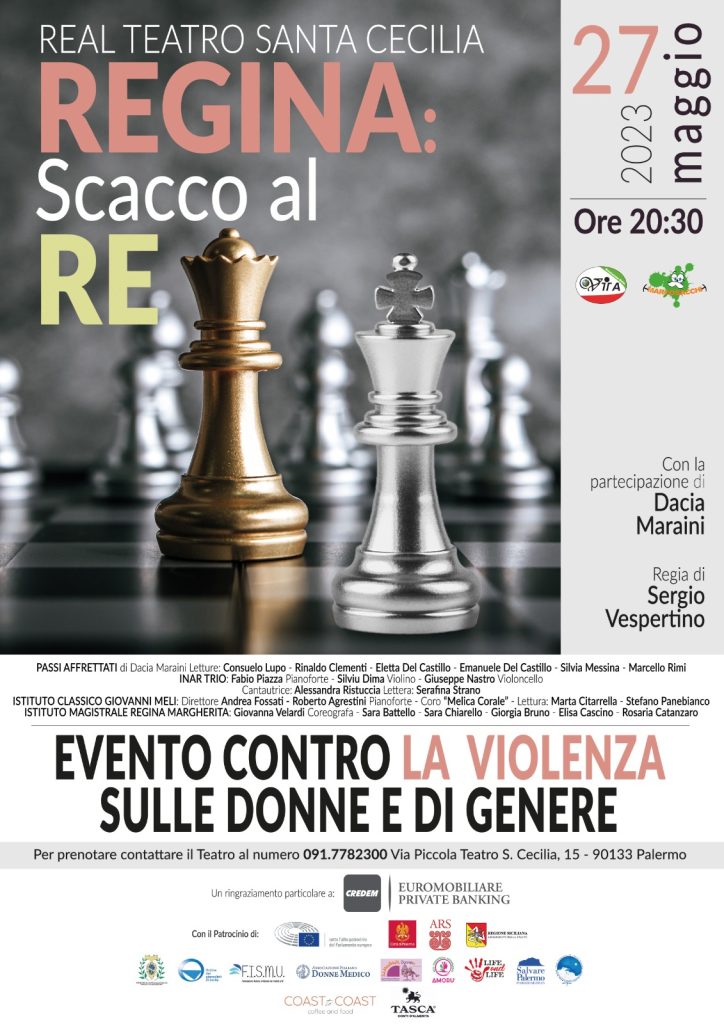
Who is Luca De Giorgi?
“I see myself as a very ordinary person, full of dreams, desires, and a deep inspiration derived from everyday life. I have a strong inclination to convey my feelings and observations, hoping to illuminate the inherent beauty in life. Simultaneously, I recognize the importance of personal growth and feel a profound sense of responsibility to support those who have been affected by misfortune and illness.
Since 2006, my passion for social support has materialized in my role as President of Associazione Vita, an Italian non-profit organization committed to offering comprehensive solutions for the health, social, and psychological needs of individuals. Professionally, I work in a bank, where I focus on understanding and addressing the needs of both individuals and companies, primarily in the area of credit solutions. I’ve found that the soft skills I’ve developed in both my professional and voluntary roles have uniquely positioned me to undertake ambitious projects such as producing a movie.”
Do you remember the exact moment you fell in love with cinema?
“As for the moment I fell in love with cinema, I remember dreaming of owning a video camera from a young age. That dream became a reality when I purchased my first one at nineteen, using my very first paycheck. Since then, I’ve continuously used cameras for both video and photos. For ‘Queen: Checkmate for the King,’ my focus was initially on production, and I really delved into the film during the editing phase. This was because we used freelance cameramen, and all the recording was done live, without the possibility of replays. This methodology made the editing process a crucial and intimate engagement with the material.”

Tell us about your project “Queen: Checkmate for the King.”
“The title ‘Queen: Checkmate for the King’ is inspired by the chess game, where the queen puts the king in check, switching from defense to attack. This metaphor extends to life, and the project truly began as a vision following the theatrical event in Palermo in May 2023. While editing the recordings of the show, I was struck by the raw emotion and profound depth of the experience, realizing its potential as a film. Furthermore, I had made a promise to one of the individuals I interviewed, a lady whose story deeply moved me, to share her narrative. It was this commitment, combined with the original vision, that gave birth to the movie.
I am very proud of the movie, not so much for the awards received, but for having believed that it was possible, for having reached a dream even if some others told me it was impossible and would be embarrassing. It’s a testament to just trusting in yourself and your dreams.”
Which Director inspires you the most?
“Well, to tell the truth, I had no idea how to edit the movie. I didn’t consciously think about any particular director, but simply followed the emotion and what I felt watching the files. I followed the speeches and kept the message’s core meaning in mind, imagining the viewer in the cinema. I recognized the need to approach this project unconventionally to truly capture the public’s attention. I wanted to create something dynamic that would demonstrate how extraordinary moments can be found within the fabric of ordinary life.”
What do you dislike about the world and what would you change?
“I’ve had the opportunity to travel around the world – not extensively, but enough to observe and hear what people say and do. I believe there are many people who truly have a global, holistic vision for the world. They care about environmental justice, social equality, and work to evolve, feeling a responsibility to leave a better Earth for their children than the one they inherited. Then there are others who are more insular, who believe money is the ultimate path to success and satisfaction in life. But there’s more to it; there’s a humanity and happiness in every day we live in, and I would want people to know that if everyone did their best for their communities, everyone could live better. We should stop building walls and open doors; stop closing our fists and open our hands towards the next person. It would be enough to encourage everyone to do their best.”
How do you imagine cinema in 100 years?
“I like both old movies and modern action films, and I hope that in future productions, care will still be taken with dialogue. I think that AI will be a part of movies more than it is now, but I hope that the human element remains the core of the film, as the storytelling.”
What is your impression of WILD FILMMAKER?
“I’m deeply impressed by WILD FILMMAKER and its mission. I believe initiatives like this are crucial for giving a voice to unique and authentic stories that might otherwise go unheard. I particularly appreciate their commitment to diverse narratives and their role in fostering a community for independent filmmakers.
I value their focus on innovation and their ability to connect audiences with thought-provoking content; its dedication to showcasing high-quality, impactful cinema is evident, and I admire their ability to catalyze change and inspiration within the filmmaking community. They truly represent a beacon for films that explore new perspectives.

